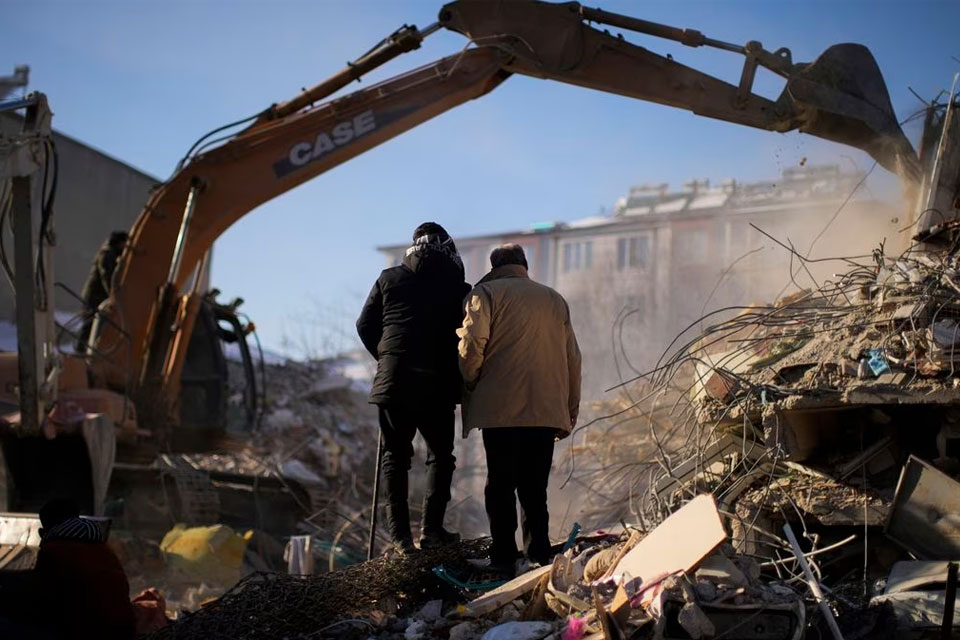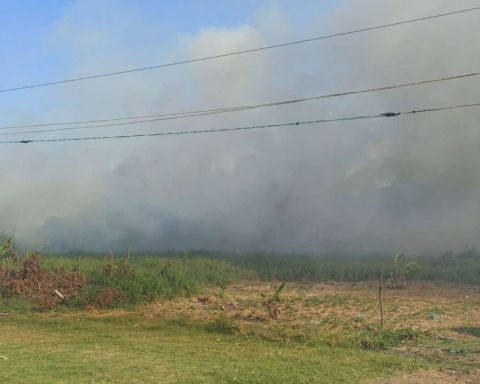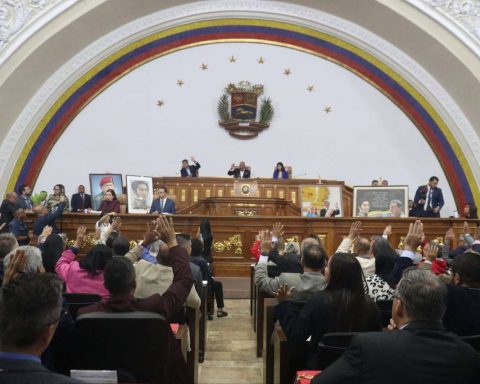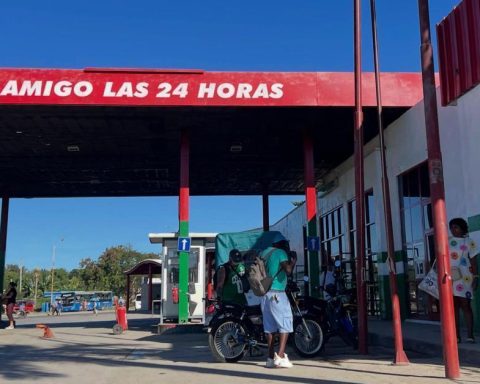The Turkish emergency service reported that as of February 12 in that country there were 29,605 deaths, while the official report in Syria reports that there are 3,575 fatalities from the 7.8 earthquake that shook both countries on Monday, February 6
The earthquake that struck Syria and Turkey on Monday, February 6, left more than 33,000 dead as of Sunday, February 12, making the quake the deadliest in the region in more than a century. The Turkish emergency service indicated that by Sunday, February 12, there were 29,605 deaths. Meanwhile, the official report in Syrian territory counted 3,575 deaths.
According to information from Turkey’s emergency service, 148,000 people have been evicted from the ten affected provinces and 233,000 people work in rescue work with more than 12,000 vehicles and machinery. The latest figures for injuries given by the Government (February 11) exceed 80,000. On February 12, the numbers of those affected were not updated.
In the last 24 hours, nine people were saved, including a three-year-old girl and an 85-year-old woman, who had spent between 140 and 155 hours in the rubble. Almost 10,000 people have arrived from other countries to help with the rescues, including several Spanish teams of health workers, firefighters and the military.
The area affected by the earthquake covers more than 100,000 square kilometers and is home to approximately 10 million people. Assistance is hampered by the fact that several airports in the area have had to be closed to traffic due to being seriously damaged.
Antioquia, a city of almost 400,000 inhabitants, has been practically completely destroyed, without electricity or running water and with almost all the buildings collapsed or seriously damaged.
The Prosecutor’s Office of that country ordered to investigate possible negligence in the construction of buildings that succumbed to the earthquake. Turkish Vice President Fuat Oktay reported that 113 arrest warrants were issued, some of them for builders suspected of removing pillars to gain space in homes.
Regarding Sitia, the UN humanitarian chief, Martin Griffiths, has acknowledged that his organization has “failed the people in northwestern Syria”, where hardly any humanitarian aid has arrived. The first United Nations convoy began to deliver the first specific supplies for those affected yesterday.
Post Views: 274

















